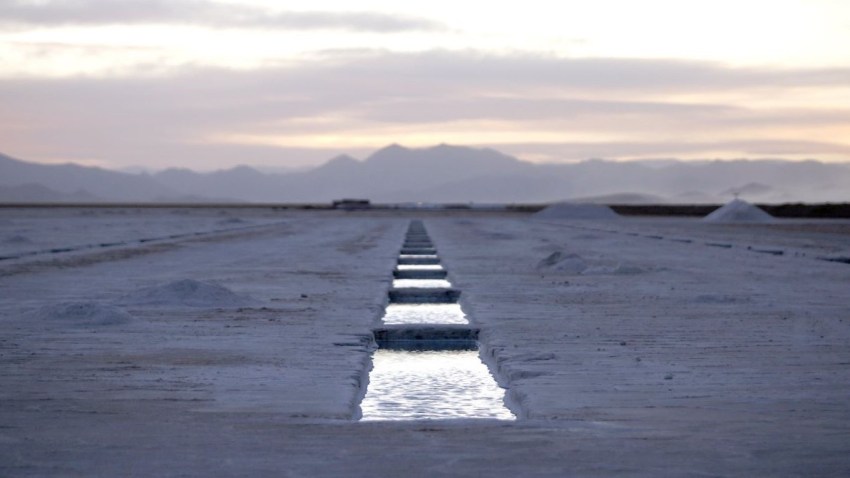The accelerating climate crisis has given urgency to the transition to electric vehicles, or EVs, in the United States, and top U.S. automakers are moving swiftly to retire the internal combustion engine. This transformation will require vast quantities of minerals, including copper and lithium, for EV batteries. That should not be a problem, as U.S. neighbors in Latin America are among the leading producers of these minerals. Chile and Peru are the world’s top copper producers, and Chile and Argentina are among the top four lithium producers.
Last year’s groundbreaking Inflation Reduction Act, or IRA, was designed to speed the U.S. energy transition, and it has led to significant domestic clean energy investment. But flaws in the legislation could end up slowing the adoption of EVs. That is because the law’s incentives, most notably a tax credit of up to $7,500 for EVs, are only available for consumers buying batteries using components—including minerals—bought locally or from countries that have signed a free trade agreement with the United States.
In Latin America, that includes Chile, Mexico and Peru, but it excludes major potential suppliers of critical minerals such as Brazil. Perhaps the most important country left out is Argentina, where the lithium sector is growing explosively.

